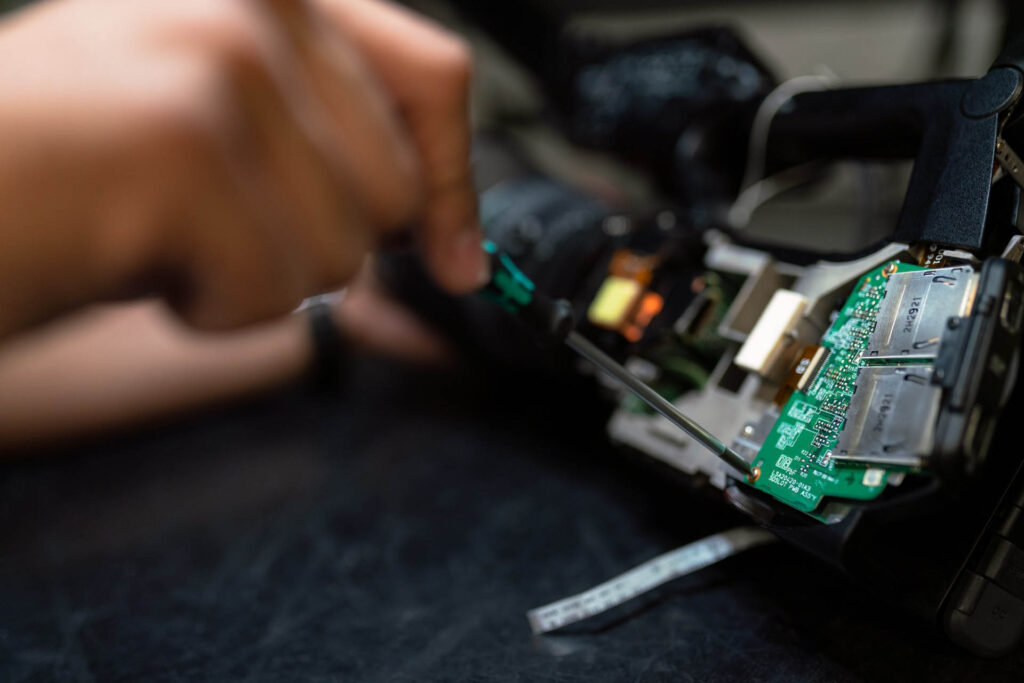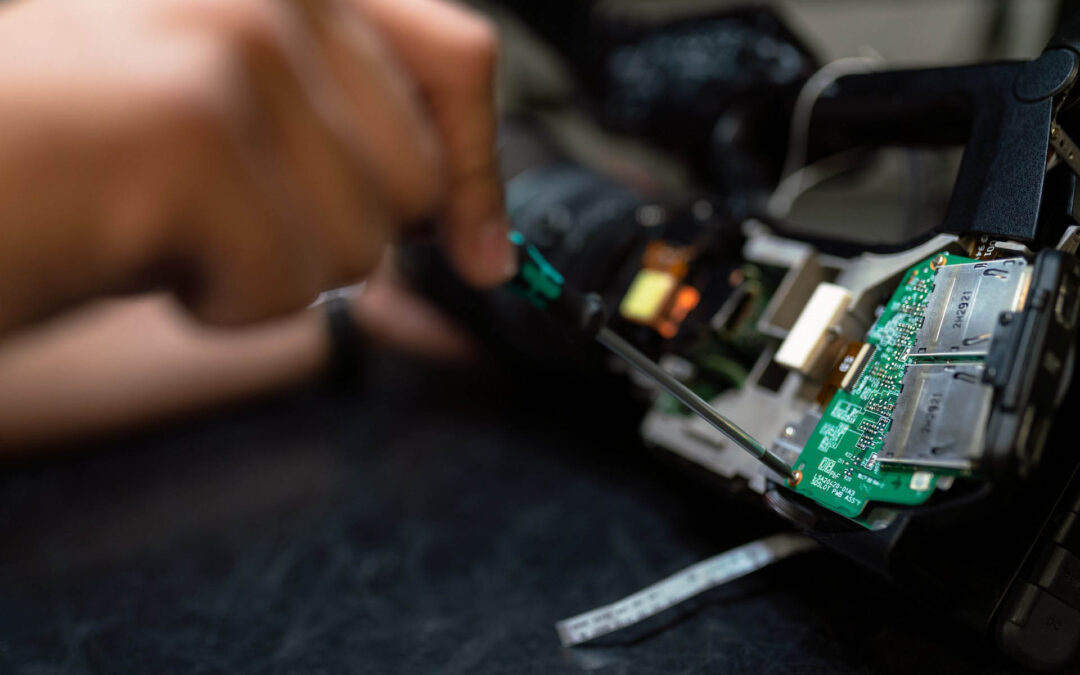In today’s tech-driven world, laptops have become indispensable tools for work, entertainment, and communication. However, like all electronic devices, laptops are not immune to wear and tear. When your laptop starts acting up or encounters issues, one question inevitably arises: Should you attempt a DIY repair or seek professional help? In this article, we’ll explore the factors that influence average laptop repair costs and the cost considerations when deciding between laptop repair and replacement.
Cost Considerations: Laptop Repair vs. Replacement
Evaluating the Extent of Damage
Before diving into the decision-making process, it’s essential to assess the extent of damage your laptop has incurred. Minor issues like software glitches or a malfunctioning keyboard can often be resolved without breaking the bank. On the other hand, major hardware failures, such as a fried motherboard or a cracked screen, may be more financially burdensome to repair.
DIY Repair Pros and Cons
Pros:
Cost Savings: DIY laptop repair can be cost-effective, especially for minor issues that require simple fixes like cleaning out dust or replacing a faulty keyboard.
Learning Experience: Attempting a DIY repair can be a valuable learning experience, helping you understand your laptop’s components and functionality better.
Cons:
Risk of Further Damage: Novices attempting complex repairs may inadvertently worsen the problem, leading to more significant repair costs or even irreversible damage.
Voided Warranty: DIY repairs may void your laptop’s warranty, leaving you without manufacturer support in case of future issues.

Professional Laptop Repair Services
Advantages:
Profound Expertise: Skilled technicians possess the in-depth knowledge and hands-on experience needed to precisely diagnose and resolve a broad spectrum of laptop issues.
Warranty Safeguard: Trusted repair establishments frequently provide warranties for their services, guaranteeing your protection in case the problem resurfaces.
Cons:
Higher Costs: Professional laptop repair services typically come with higher upfront costs than DIY attempts.
Turnaround Time: Depending on the repair shop’s workload, you may need to wait a few days or even weeks to get your laptop back.
Variables Impacting Typical Laptop Repair Expenses
When contemplating laptop repair, it becomes crucial to grasp the variables that exert sway over the ultimate cost. The following are essential factors to bear in mind:
1. Laptop Manufacturer and Model
The make and model of your laptop wield substantial influence over the expenses associated with repairs. Premium laptops or those crafted by less ubiquitous manufacturers may entail pricier replacement components, thus elevating the overall repair outlay.
2. Type of Damage
The nature of the issue plays a crucial role in determining the cost. As mentioned earlier, minor software problems or simple hardware replacements tend to be more affordable than complex repairs involving critical components like the motherboard or hard drive.
3. Warranty Coverage
If your laptop is still under warranty, some or all of the repair costs may be covered by the manufacturer. However, be cautious, as DIY repairs can void your warranty.
4. Laptop Age
The age of your laptop can influence repair costs significantly. Older laptops may incur higher expenses due to the limited availability of replacement parts. Sometimes, opting for a new laptop with upgraded features might prove to be a more cost-effective solution.
5. Geographic Location and Service Provider
The costs associated with laptop repairs can fluctuate based on your geographic location and the choice of repair service provider. Expect higher prices in urban areas or when selecting renowned tech companies for the service.
6. DIY vs. Professional Laptop Repairs
Generally, opting for DIY repairs can lead to savings on labor costs, but you must carefully evaluate this against the risk of exacerbating the issue. Professional repair services often carry a higher price tag but provide the assurance of expertise and the added benefit of warranty coverage.
In closing, the choice between repairing and replacing your laptop should be seen as an opportunity to make the best decision for your unique situation. It all comes down to factors like the extent of the issue, your financial considerations, and your comfort level with DIY solutions.
Remember, DIY repairs can be a fantastic way to save money and gain valuable skills, especially for minor issues. Embrace the learning experience! However, it’s essential to approach these tasks thoughtfully and consider the potential challenges.
The key takeaway here is that you have choices, and each one offers its own set of advantages. So, when it’s time to make that decision, do so with confidence, knowing that you’re taking steps to ensure your laptop serves you well in the days to come.




